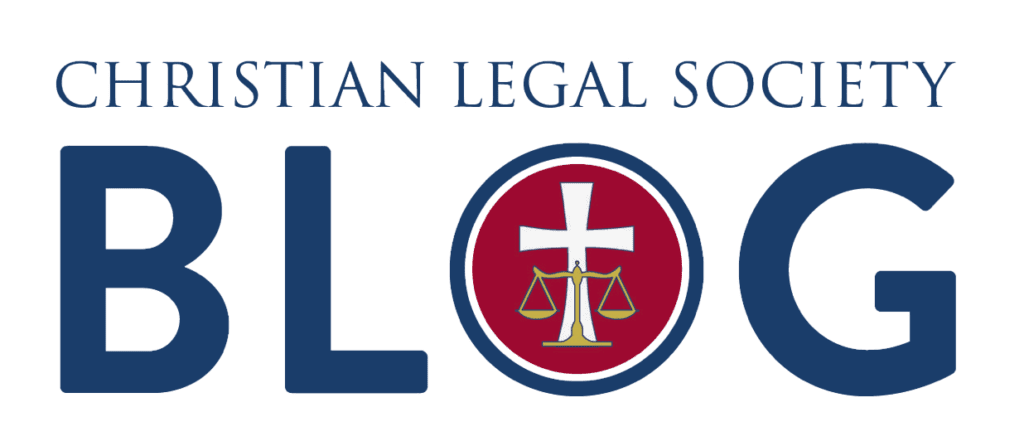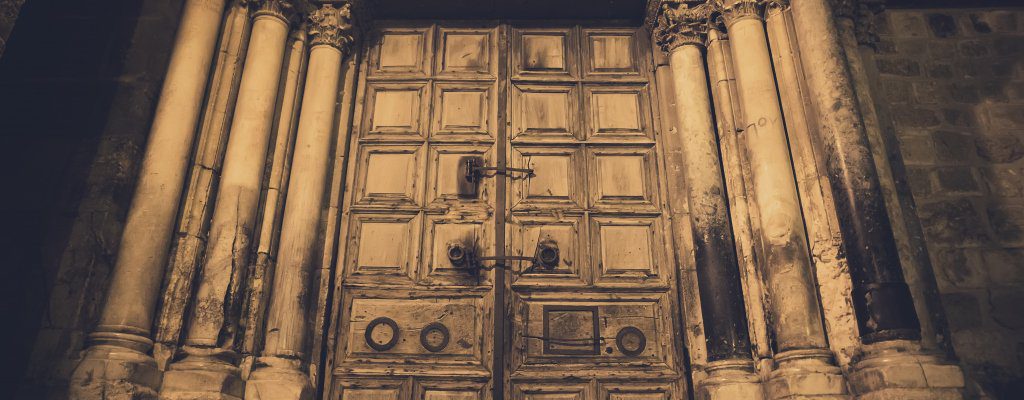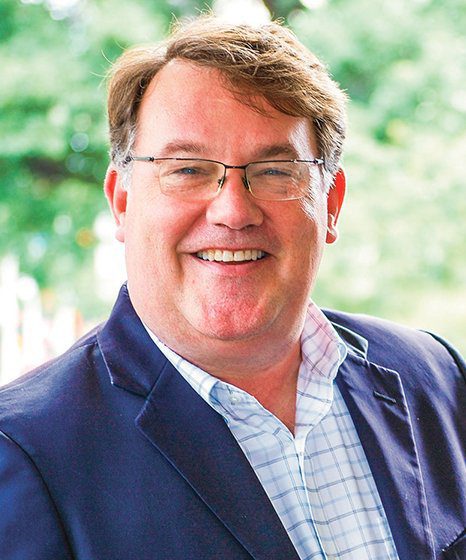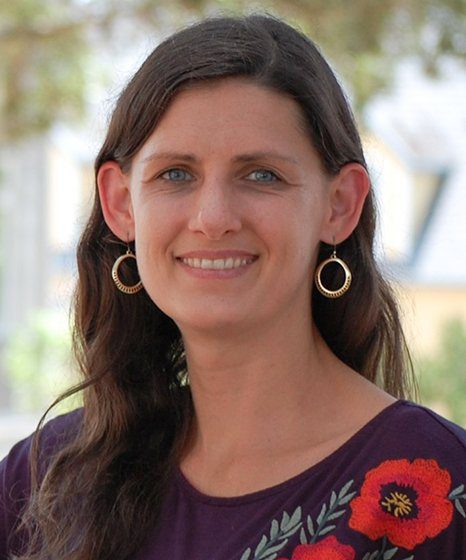
Ken Liu

Christian Legal Society (CLS) recently filed an amicus brief in support of a petition for the U.S. Supreme Court to hear the case of Seattle’s Union Gospel Mission v. Woods. Seattle’s Union Gospel Mission (SUGM), a ministry to the city’s homeless, hosts a Christian Legal Aid clinic called Open Door Legal Services. In line with SUGM’s mission of bringing “the love of Jesus and hope for a new life to our homeless neighbors,” all of SUGM’s services, including legal aid, are provided with the goal of ministering to the whole person. But if the Washington Supreme Court has its way, the door could potentially close on the ability of SUGM’s attorneys to minister to legal aid clients.
Matthew Woods applied for a staff attorney position with Open Door Legal Services despite disagreeing with some of the religious provisions of SUGM’s Employee Code of Conduct. SUGM declined to hire him because he did not meet the terms of the Code of Conduct, including the requirement to be active in a local church and the prohibition against being in a same-sex relationship. Woods sued SUGM for discrimination under the Washington Law Against Discrimination (WLAD), which prohibits employer discrimination on the grounds of age, sex, sexual orientation, and disability, but also specifically exempts religious nonprofits from the statute.
SUGM won at the lower court, and Woods appealed the case to the Washington Supreme Court, challenging the constitutionality of WLAD. On March 4, 2021, the Court upheld the constitutionality of the statute, but narrowed its scope solely to the hiring of ministers under “ministerial exception” as defined by the U.S. Supreme Court in Hosanna-Tabor Evangelical Lutheran Church & School v. Equal Employment Opportunity Commission, 565 U.S. 171 (2012). The exception seeks to protect religious organizations’ freedom to select their own ministers and to prevent government intrusion into ecclesiastical decisions.
CLS and five Christian Legal Aid (CLA) programs filed an amicus brief to request that the U.S. Supreme Court interpret the First Amendment’s free exercise clause to protect religious ministries’ right to hire employees who agree with the ministry’s religious beliefs. Further, the brief argues such right should not be limited solely to the hiring of “ministers” in the strict sense of the word. A legal aid staff attorney might not qualify as a “minister” in the sense of being an ordained pastor, but the position certainly can, and does, have a ministry role.
CLA attorneys, both staff and volunteers, frequently provide important ministry functions, including offering spiritual counseling, imparting words of hope, sharing words of scripture, and praying for and with clients. Many legal aid clients come to a clinic full of anger, bitterness, or despondency, and their legal problems are often intertwined with a whole web of other problems that are relational, emotional, or spiritual in nature. Although attorneys are not professional counselors, often the best help they can provide to a hurting client is words of comfort and a shoulder to cry on. All of these forms of service are, in a true sense of the word, “ministerial.” In CLA clinics, such ministry is common and goes to the heart of what distinguishes Christian Legal Aid from secular legal aid.
The WLAD could have—and should have—been interpreted to provide a complete exemption for religious nonprofits from the reach of the nondiscrimination provisions. The exemption avoids a court parsing the attorney’s duties into “secular” versus “religious.” Such government action is an unwarranted intrusion into the right of religious entities to hire employees whose beliefs and values align with the organization. Yet the Washington Supreme Court apparently desires to eliminate such protection except for the hiring of employees deemed to be “ministers” under a narrow definition of the word.
The Free Exercise Clause needs to protect a religious ministry’s ability to hire based on whether a prospective employee will commit to communicating the ministry’s religious beliefs. Sadly, Employment Division v. Smith, 474 U.S. 872 (1990), removed this basic constitutional safety net thirty years ago. The Smith decision substituted rational basis review—or possibly, no review at all—for strict scrutiny review whenever a burden on the free exercise of religion is imposed by a neutral and generally applicable law. It is time, as CLS’ amicus brief advocates, for the Supreme Court to overturn Smith.

Mike Schutt
Director, CLS Law School Fellows

Alanna Walker
Grants Coordinator

Michelle Williams
Law Student Ministries Coordinator
GET UPDATES
The views expressed on the CLS Blog are the views of the individual authors and do not necessarily reflect the positions of Christian Legal Society.
The purpose of the CLS Blog is to generate discussion with a free exchange of ideas and opinions.
▦ |CLS - Christian Legal Society © 2025|














































